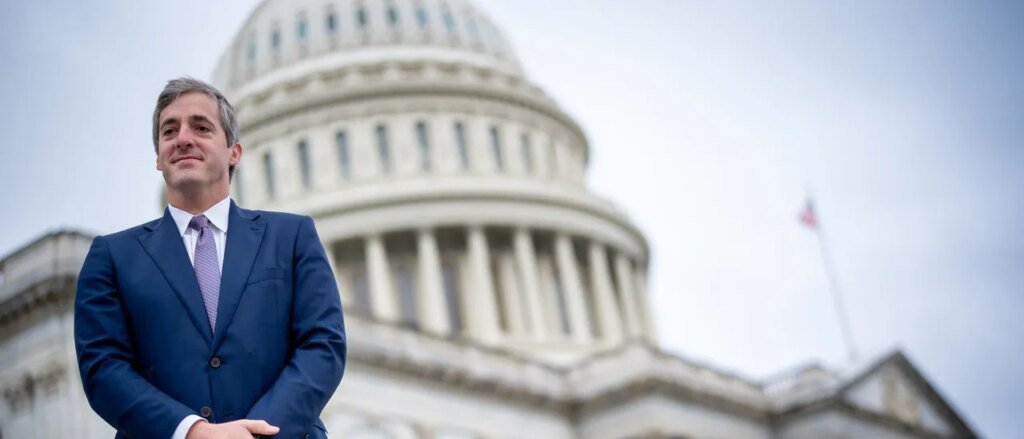Republican Rep. Brad Knott from North Carolina is advocating a clear message: “Don’t come here to harm Americans.” He believes this is essential for curbing the actions of criminal illegal immigrants, contending that stricter laws are needed to impose tougher consequences on them.
Knott’s proposed legislation, the “Illegal Immigration Felony Crimes Act,” seeks to amend current laws, specifically the Immigration and Nationality Act. It aims to increase penalties for illegal immigrants convicted of felonies, potentially adding up to a decade in prison before deportation.
In a recent statement, Knott emphasized that the act is designed to deter individuals from committing crimes after entering the country illegally. He mentioned that this legislation serves two main purposes: it is a deterrent and a protective measure for society. “If these individuals know they face serious time, they might think twice before returning,” he noted.
Addressing the issue of re-entry, Knott pointed out that an eight-month sentence doesn’t suffice for long-term public safety. He reiterated, “Don’t come here to harm Americans” serves as a direct warning to potential offenders.
This bill follows closely on the heels of the “Dignity Act,” proposed by Rep. Maria Salazar, which offers a pathway to citizenship for some illegal immigrants who arrived in the U.S. before President Biden took office. The White House has made it clear that the president does not support pardons for illegal immigrants.
Knott voiced his opposition to such pardons as well, stating that creating leniency could inadvertently encourage more illegal immigration. “We must put an end to illegal immigration,” he asserted. He believes this issue affects nearly every aspect of American life, from healthcare to public safety.
According to data from the North Carolina Budget and Tax Center, there are around 562,000 immigrants in North Carolina, with an estimated 325,000 living in the country illegally. Knott remarked that North Carolina is facing an immigration crisis similar to that of other states like New Mexico and Arizona, underscoring the severity of the issue. “It’s a problem that’s entirely preventable,” he added.
Knott also discussed how his approach differs from the Raiken Riley Law, which mandates the Department of Homeland Security to detain non-citizens arrested for specific crimes. He characterized his bill as more comprehensive, focused on proactive measures rather than reactive ones.
When asked if current fears surrounding immigration are strong enough to deter illegal re-entry, he admitted, “I wouldn’t bet solely on anxiety to solve the problem.” He pointed out that some criminals are exceptionally cunning. “I’ve seen it firsthand,” he reflected. “It can be unsettling to realize how calculated some individuals are.”
As he wrapped up, Knott highlighted that the immigration narrative often tends to be oversimplified. “In today’s discourse, everything is seen as black and white,” he observed, noting that it’s not as clear-cut as people think. The reality of illegal immigration is far more nuanced, he concluded.







